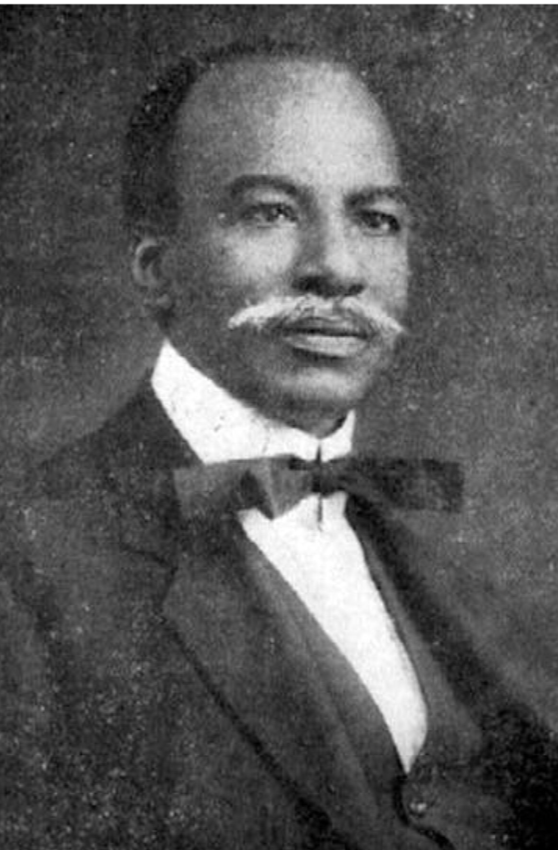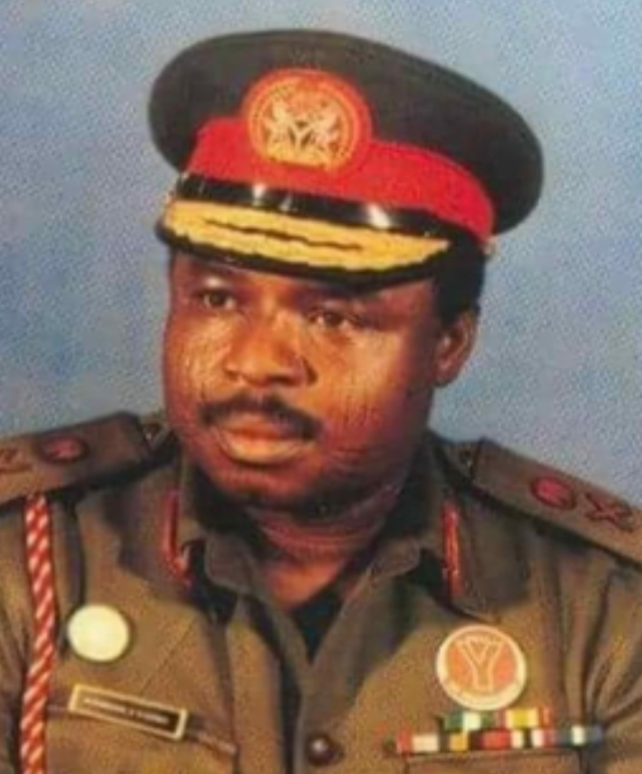
President Bola Tinubu has approved posthumous presidential pardons for 175 individuals, including some of Nigeria’s historic figures such as Herbert Macaulay and Major General Mamman Jiya Vatsa, as part of a broader exercise of executive clemency.
The decision followed a presentation by the Attorney-General of the Federation and Minister of Justice, Prince Lateef Fagbemi (SAN), who conveyed the recommendations of the Advisory Committee on the Prerogative of Mercy during the Council of State meeting held Thursday at the State House, Abuja.
Herbert Macaulay, widely celebrated as the father of Nigerian nationalism, was among those granted a posthumous pardon. Born on December 28, 1864, in Lagos, Macaulay was twice convicted by colonial authorities — once in 1913 for alleged misappropriation of funds from an estate he administered as a surveyor. Historians have long questioned the fairness of his prosecution. Macaulay later co-founded the National Council of Nigeria and the Cameroons (NCNC) alongside Dr. Nnamdi Azikiwe and became its first president — a pivotal role in Nigeria’s path to independence. He died in 1946 at the age of 81.
Also pardoned posthumously was Major General Mamman Jiya Vatsa, a poet and former Minister of the Federal Capital Territory, who was executed in 1986 following a controversial treason trial.

In the same exercise, President Tinubu extended clemency to several other categories of individuals. Among those pardoned were former lawmaker Hon. Farouk Lawan; Mrs. Anastasia Daniel Nwaobia; Barrister Hussaini Umar; and Ayinla Saadu Alanamu. According to the presidency, the decision was aimed at promoting reintegration for those who had shown genuine remorse and reform.
Others who benefited include Nweke Francis Chibueze, serving a life sentence for cocaine-related offences, and Dr. Nwogu Peters, who had completed 12 of a 17-year sentence for fraud.
In a historic gesture, President Tinubu also granted posthumous pardons to the Ogoni Nine — Ken Saro-Wiwa, Baribor Bera, Saturday Dobee, Nordu Eawo, Daniel Gbooko, Paul Levera, Felix Nuate, Barinem Kiobel, and John Kpuine — decades after their controversial execution in 1995. He simultaneously conferred national honours on the Ogoni Four: Chief Albert Badey, Chief Edward Kobani, Chief Samuel Orage, and Theophilus Orage.
Exercising his constitutional power of mercy, President Tinubu also approved clemency for 82 inmates, reduced the prison terms of 65 others, and commuted the death sentences of seven inmates to life imprisonment.



